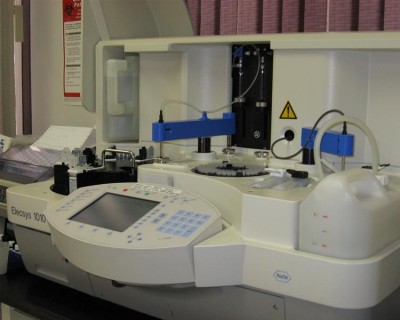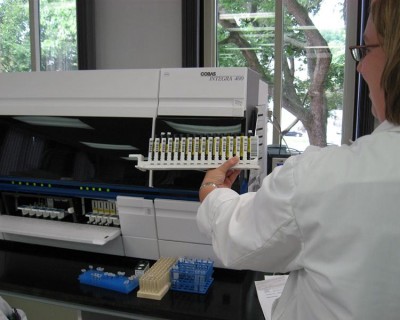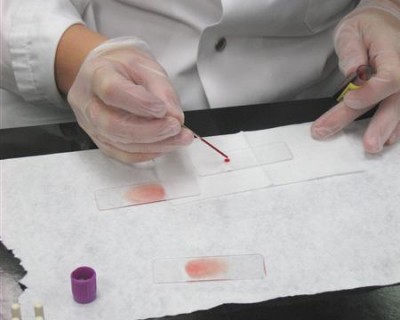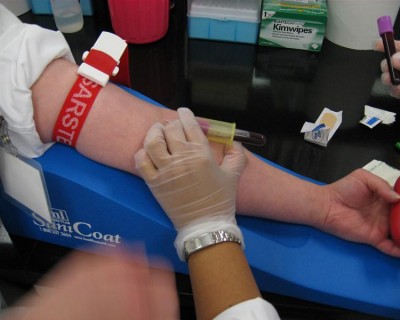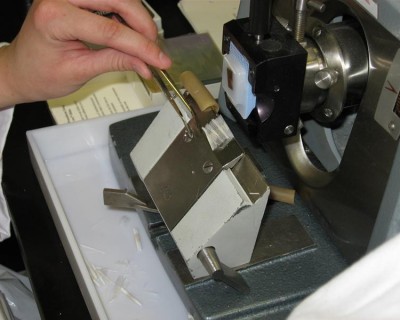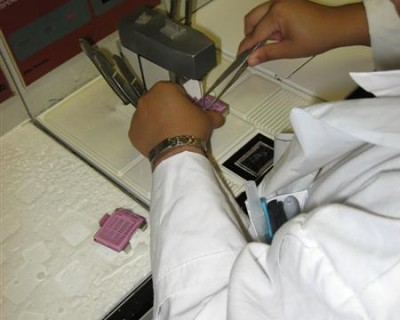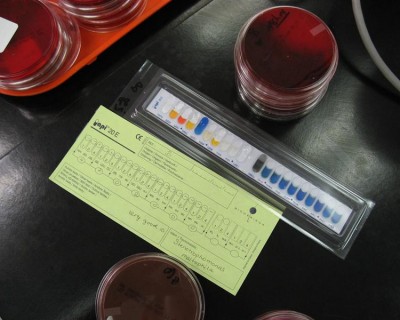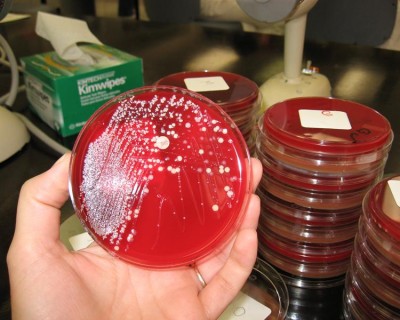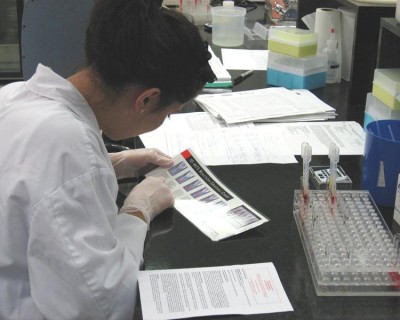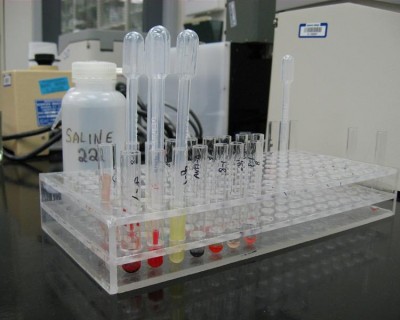Areas of Study
Deprecated: Function get_magic_quotes_gpc() is deprecated in /var/www/html/www5chris.dawsoncollege.qc.ca/wp-includes/formatting.php on line 4358
Deprecated: Function get_magic_quotes_gpc() is deprecated in /var/www/html/www5chris.dawsoncollege.qc.ca/wp-includes/formatting.php on line 4358
Deprecated: Function get_magic_quotes_gpc() is deprecated in /var/www/html/www5chris.dawsoncollege.qc.ca/wp-includes/formatting.php on line 4358
Deprecated: Function get_magic_quotes_gpc() is deprecated in /var/www/html/www5chris.dawsoncollege.qc.ca/wp-includes/formatting.php on line 4358
Deprecated: Function get_magic_quotes_gpc() is deprecated in /var/www/html/www5chris.dawsoncollege.qc.ca/wp-includes/formatting.php on line 4358
Deprecated: Function get_magic_quotes_gpc() is deprecated in /var/www/html/www5chris.dawsoncollege.qc.ca/wp-includes/formatting.php on line 4358
Deprecated: Function get_magic_quotes_gpc() is deprecated in /var/www/html/www5chris.dawsoncollege.qc.ca/wp-includes/formatting.php on line 4358
Deprecated: Function get_magic_quotes_gpc() is deprecated in /var/www/html/www5chris.dawsoncollege.qc.ca/wp-includes/formatting.php on line 4358
Deprecated: Function get_magic_quotes_gpc() is deprecated in /var/www/html/www5chris.dawsoncollege.qc.ca/wp-includes/formatting.php on line 4358
Deprecated: Function get_magic_quotes_gpc() is deprecated in /var/www/html/www5chris.dawsoncollege.qc.ca/wp-includes/formatting.php on line 4358
We have five areas of studies in Biomedical Laboratory Technology:
Biochemistry
Biochemistry is the study of chemical processes in living organisms. Students learn about the structure and function of carbohydrates, proteins and lipids and how they relate to cellular function. Students will perform, interpret and correlate body fluid analyses to help assess:
- Cardiac, kidney, liver and hormone function
- Diabetes (glucose and ketone bodies)
- Lipid metabolism (cholesterol, HDL and LDL)
- Toxicology
- Therapeutic drug monitoring
- Proteins and enzymes
- Electrolytes
Along with these analyses students will learn the importance of quality control in order to ensure the accuracy and precision of the results.
Why is Biochemistry important?
A patient is rushed to the hospital with symptoms of a massive heart attack. Blood specimens are sent to the lab for analysis.
Be the one to run the lab tests that will give the doctor some answers in order to treat the patient:
- Did the patient really have a heart attack?
- How extensive is the damage to the heart?
- Will the patient be able to tolerate surgery immediately?
- What is the patient’s risk status regarding future heart attacks?
Hematology
Hematology is the study of blood, blood forming organs and diseases associated with them. Students will learn about the process of blood cell formation, how to perform microscopic examinations of bone marrow and peripheral blood cells and how to investigate blood disorders such as:
- Anemias caused by iron deficiency, B12 and folate deficiencies, hemolytic anemia; and hemoglobiopathies.
- Leukemias
Students will also study Hemostasis, which involves the investigation of bleeding and clotting disorders.
Why is Hematology important?
A patient who recently returned from vacation is constantly feeling weak. A blood sample is taken and sent to the lab.
Be the one to analyze the sample and help figure out what is wrong.
- Does the patient have an anemia?
- Could it be malaria, depending on where the patient went on vacation?
- Do the white blood cells show evidence of a possible leukemia?
- Can it be infectious mononucleosis?
Histology
Histology is the study of microscopic anatomy of cells and tissue. Students will learn the microscopic features of tissues in relation to their respective function and will perform techniques necessary for microscopic observations. Techniques include:
- Grossing, processing and embedding specimens
- Cutting tissues into thin slices and mounting on glass microscope slides
- Staining and microscopic examination
- Assessement of tissue integrity and adequacy of staining
Why is Histology important?
A patient goes to see her physician after noticing a lump on her breast. A biopsy (removal of a small piece of tissue) is performed and sent to the lab.
Be the one to help in analyzing, diagnosing and determining the treatment:
- How will the biopsy tissue be prepared for proper analysis?
- Which types of special stains should be used to detect any abnormalities in the tissue?
- Will tumor markers be necessary to classify the cancer?
- Which tests would predict the most effective treatment for this type of cancer?
Microbiology
Clinical Microbiology is the study of bacteria that cause human disease. The field encompasses the detection and identification of bacterial pathogens, determination of the sensitivity and mechanisms of resistance of bacteria to antibiotics, and the mechanisms of virulence, and some aspects of immunity to infection.
The clinical microbiology laboratory identifies bacterial pathogens present in specimens such as:
- urine
- stool
- sputum
- pus
- blood
- spinal fluid
- swabs of skin, throat, rectum, or urogenital surfaces.
Identification involves staining and microscopic examination of these materials and isolation of bacteria present in the specimen by growth on appropriate agar media. The laboratory must differentiate bacterial pathogens from bacteria that normally colonize humans. Bacterial species can be identified and differentiated on the basis of growth properties, metabolic and biochemical tests, and reactivity with specific antibodies.
Why is Microbiology important:
A patient comes to the patient emergency room in pain. Soon after, his appendix bursts and the patient quickly develops fever. A blood culture is taken from the patient and sent to the lab for analysis.
Be the one to process the blood culture in order to determine if there is an infection in the patient’s blood:
- Are there any bacteria in the blood?
- Which bacteria are present that could be causing an infection?
- Which antibiotics are most effective against this particular bacteria?
- Is this bacteria an antibiotic-resistant strain?
Transfusion Science
Transfusion science is the study that deals with the immunological properties of blood. Students will learn about the transfusion of blood and blood products. Students will perform and interpret all necessary techniques in order to perform these functions including:
- Blood typing
- Antibody detection and identification
- Compatibility testing for donor blood transfusion
- Prenatal testing
- Blood component therapy
Why is Transfusion Science important?
After a car accident, a patient with massive blood loss is brought to your hospital’s emergency room. The doctor requests blood for transfusion.
Be the one to test the patient’s blood and ensure that the patient receives the blood products that will save his life:
- Does the patient have any antibodies that could react with the donor blood?
- Does the patient need plasma and platelets as well?
- Are there any special considerations, such as bleeding disorders, that must be taken into account for this patient?
- Is there compatible donor blood available for this patient?

